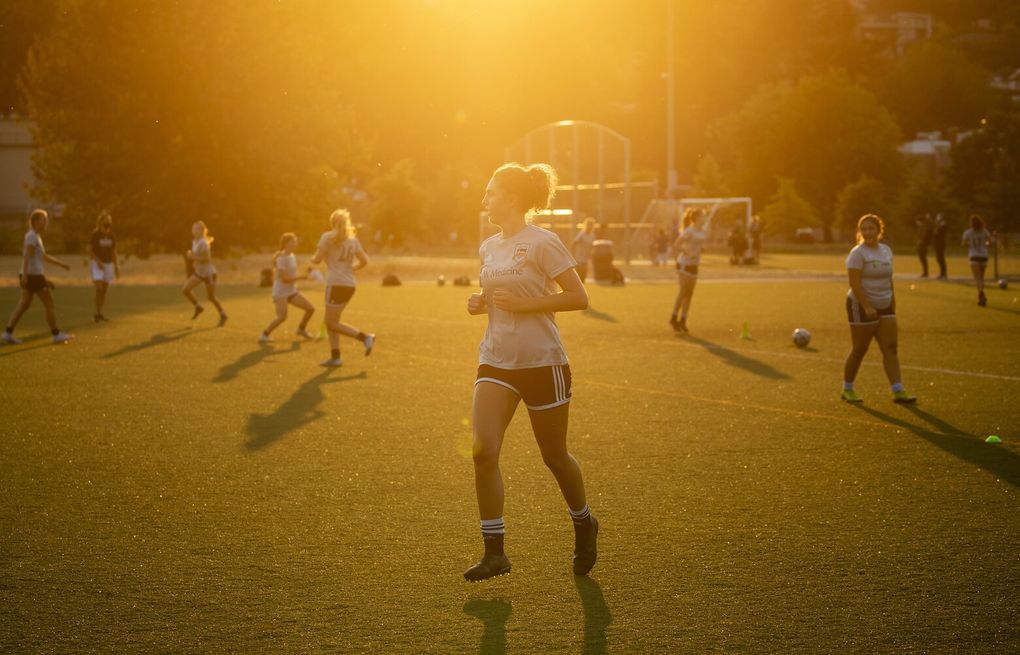Breaking: Washington's Youth Sports Battlefield - Safety, Fairness, and the Fight Against Abuse

The ongoing debate about transgender athletes has largely missed the mark. While media and policymakers have fixated on transgender participation in sports, they've overlooked a far more critical issue: the systemic culture of abuse that plagues athletic environments.
The real threat to athlete safety and equity isn't gender identity—it's the deeply entrenched toxic cultures that enable harassment, discrimination, and psychological harm. From professional leagues to youth sports, the persistent patterns of abuse and misconduct pose a far greater risk to athletes' well-being than the inclusion of transgender competitors.
Transgender athletes are not a problem to be solved, but athletes who deserve respect, fair treatment, and the opportunity to compete like any other participant. The energy spent debating their participation would be better directed toward addressing the fundamental issues of safety, respect, and accountability in sports.
Comprehensive athlete protection means creating environments that prioritize mental and physical well-being, regardless of gender identity. It means implementing robust reporting mechanisms, supporting survivors, and dismantling the cultures that have historically silenced and marginalized athletes.
The path forward requires a fundamental shift in how we approach sports: focusing on creating inclusive, safe, and supportive athletic spaces for all athletes, not constructing barriers based on misunderstanding and fear.

